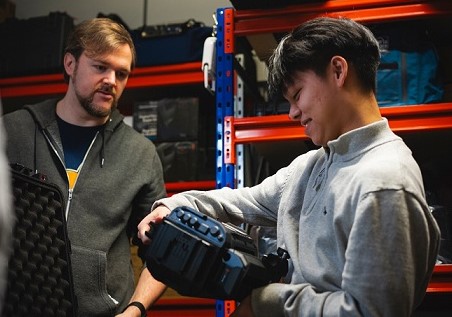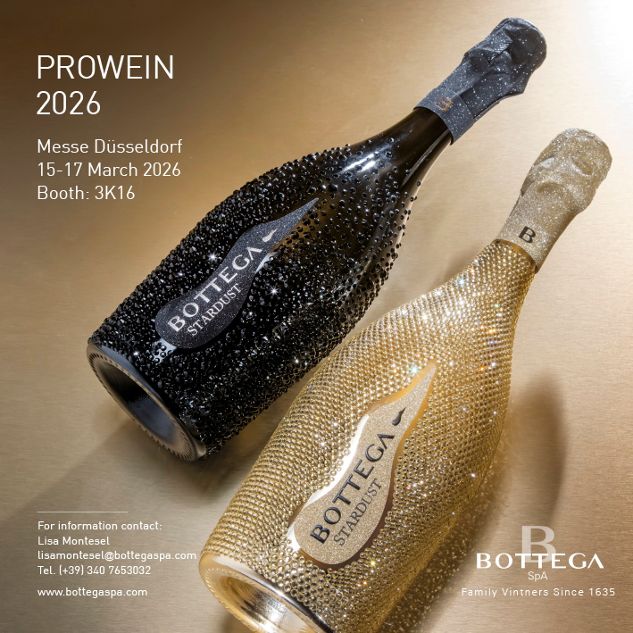Businesses in Greater Birmingham have recorded a “remarkable” end-of-year performance in a post-Brexit bonanza, according to Greater Birmingham Chambers of Commerce (GBCC). But the labour market in the service sector remains challenging, with all firms surveyed stating they were having difficult in recruitment. However, according to overall figures published today (December 29), all sectors have contributed towards ensuring the West Midlands is out-performing the rest of the UK.
That record was forecast by EY, with the West Midlands expected to outperform other UK regions in terms of its economic performance in 2016, with GVA growth of two per cent and employment growth of 0.9 per cent.
The upbeat Quarterly Business Report (QBR) produced by GBCC, supported by Birmingham City University, reflects a growing confidence and determination among the region’s business community, says chief executive Paul Faulkner.
Confidence among manufacturers that turnover would improve in the next 12 months soared to 72 per cent, the highest figure for at least two years. And the percentage of firms expecting to improve profitability improved from 50 to 62.
The mood was also buoyant in the service sector. Sixty-eight percent expected turnover to improve, compared with 62 per cent in the previous quarter, and 61 per cent (against 55 per cent) were confident that profitability would increase.
Mr Faulkner (pictured) said: “This does show the remarkable resilience and determination of companies in the region and demonstrates that Greater Birmingham is open for business since the Brexit vote.
“Businesses ability to bounce back and sustain performance never ceases to amaze us and it’s a huge feather in their cap to outshine the rest of the UK.”
In the manufacturing sector, all factors for sales at home and abroad have shown an upturn. Thirty-eight per cent, up four per cent from the previous quarter, reported increased sales in the UK while 48 per cent (against 44 per cent) had increased orders.
However, it was the export market which was the star performer for manufacturers, with 48 per cent, the highest figure all year, reporting increased sales. Orders remained static at a 38 per cent increase.
Just over half of manufacturers (51 per cent), the highest figure for two years, expected to increase their workforce in the next three months but 65 per cent of all firms had experienced difficulties in recruitment over the past quarter.
In the service sector, half (50 per cent) of firms showed an increase in sales against 39 per cent in the previous quarter and improved order books were returned by 44 per cent, an increase of nine per cent on the Q3.
Export figures also improved. Thirty-five per cent increased sales in the past three months (up eight per cent on Q3) and 40 per cent (again 26 in Q3) increased orders.
But the labour market in the service sector, which includes distribution, hotels, catering, transport and communication, was proving troublesome with all business (100 per cent) reporting recruiting difficulties.
Mr Faulkner added: “It is encouraging that both manufacturers and service firms saw a welcome upturn in their domestic and international output, a marked contrast to the understandable air of caution which permeated business decision making prior to and after the EU referendum.
“Businesses are also displaying signs of optimism for 2017, countering concerns about ongoing uncertainty and the fiscal constraints which enveloped the Chancellor’s Autumn Statement.
“Now is the time to build on this optimistic sentiment and ensure that the structures are in place for our region to fulfil its potential.
“Here at the GBCC we will continue to help connect, support and grow businesses across the region. From our start-up programme to our export support through our International Trade Hub we continue to help businesses achieve their potential.
“The New Year will see the culmination of a variety of reforms, changes and opportunities from Brexit to Apprenticeship reforms and the election of a WMCA Mayor. We stand ready to help engage and inform our members and ensure businesses are fully aware of the challenges and opportunities ahead.”
Professor Julian Beer, deputy vice-chancellor at Birmingham City University, said:
“Notwithstanding a range of potentially adverse political factors, the Greater Birmingham economy continues to drive forward robustly.
“Brexit tactics, Trump’s trade strategy and now Italian banking concerns as a result the referendum result, have so far had little impact on local economic performance and prospects.
“Greater Birmingham businesses have recorded increased sales over the past quarter. This is in part due to significantly increased export market demand, stimulated no doubt by the boost to competitiveness from the depreciation of sterling.
This has however contributed to tightening import price pressures, notably for raw materials but also across other sectors. Overall business sentiment, most notably among manufacturers, is buoyant, and notwithstanding anecdotal evidence to the contrary, firms responded that they were moving forward on investment plans, with the manufacturing sector apparently gearing-up strongly over the past three months.
“Across the Greater Birmingham economy, respondents reported that over the past quarter and into the next, they were increasing their staff establishment, primarily with full-time positions.
“Skilled technical staff were however still difficult to recruit. Indeed, overall labour market conditions, while reflecting the vibrancy of the local economy, point to more problematic conditions into 2017. A shift in tack toward greater in-house up-skilling and a tendency for increased automation are likely responses.
“Overall business confidence looking forward across 2017 was extremely positive, with sentiment much more positive than in the immediate preceding quarters.”
















